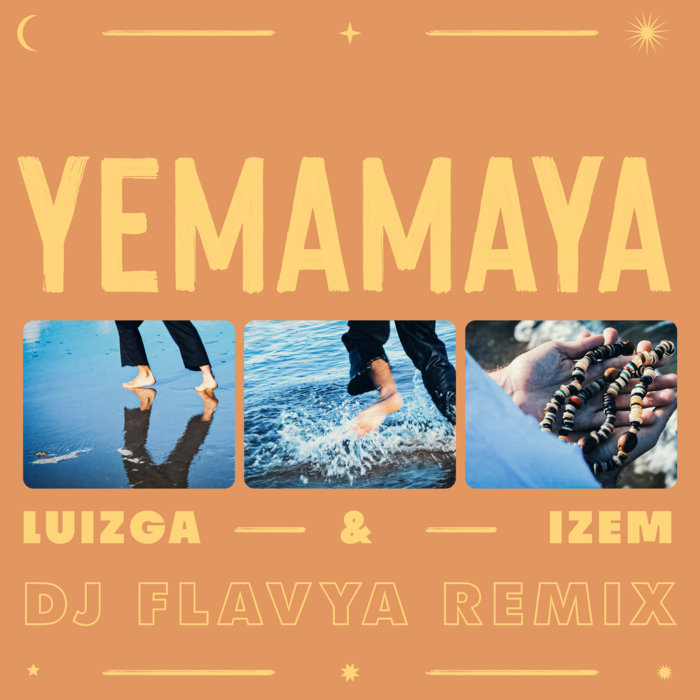
Yemamaya (DJ FlavYa Remix) – Luiza & iZem
this blog is GROOVY – check out great Soul, Funk, Jazz, Hip Hop, Bass, Breaks , Reggae, House n many more TUNES
Afropop—a term that dances on the tongue and grooves in the heart! This vibrant genre blends African rhythms, melodies, and modern influences to create a sound that’s not just music; it’s a party waiting to happen. Let’s take a colorful ride through the history of Afropop, sprinkle in some funny facts about its musicians, and feel the rhythm pulse through our words.
At its core, Afropop (short for African popular music) is an umbrella term encompassing various musical styles from across Africa. It incorporates elements of traditional African music with Western pop sounds, reggae, jazz, hip-hop—basically anything that makes you move your body and wave your hands! From upbeat dance tunes to soulful ballads celebrating life and love, if it gets you grooving in your seat or on the dance floor—it’s likely got an “Afro” twist!
The story begins long before anyone coined the term “Afropop.” Traditional African music has always been rich with rhythm—live drumming circles echoing community vibes around fire pits at night. Over time, as different cultures mingled through trade routes and colonization (shout out to those funky cultural exchanges!), new genres began to emerge.
In the 20th century, highlife took center stage in West Africa during colonial times. Originating from Ghanaian fishermen who first jammed out when they returned home after long fishing trips—it was joyous celebration mixed with European influences like jazz. Highlife laid down solid groundwork for what would eventually become modern-day Afropop.
As we shimmy into the 1960s, let’s turn up that volume! Artists like Fela Kuti were blending Afrobeat—a lively fusion of jazz funk infused with Yoruba rhythms—with political lyrics addressing social issues. Fela wasn’t just a musician; he was a revolutionary figure known for his outrageous performances (and crazy outfits!) that made people think while they danced.
Did you know Fela had over 27 wives? That’s right! He famously said he didn’t want any laws prohibiting his lifestyle choices—and hey… “who could resist such killer jams?”
The electrifying fusion continued throughout Nigeria where artists like King Sunny Adé introduced juju music—a blend of traditional Yoruba sounds amplified by guitars and synthesizers! Some even say he started playing guitar because his mother wouldn’t let him play drums inside their house… classic Nigerian mom moves!
In this era we also saw stars like Miriam Makeba rise globally — she mixed her South African roots with international flair turning Soweto into a household name.
Fast forward to the vibrant ‘80s where pop culture exploded worldwide! Enter stage left: the ladies! With singers like Angelique Kidjo bringing global awareness to rich West African traditions while twirling around stages—and yes folks twinkling her smile dazzling everyone around her.
But wait—here’s another funny tidbit!
Angelique once performed at Paris’ Olympia Hall while wearing mismatched socks intentionally—to send shockwaves through stuffy audiences who thought fashion had rules. She stated proudly later how important it is not only be bold but break norms too!
As technology evolved so did production techniques leading us full swing into digital beats ruled by contemporary stars today such as Wizkid or Burna Boy whose catchy hooks have taken clubs by storm internationally alongside captivating visuals creating iconic videos leaving fans begging for more magic every drop released online.
One key aspect fueling afrofusion excitement are collaborations across genres! Take Beyoncé teaming up with South Africa’s Sho Madjozi or Drake featuring WizKid smoothening everything up . These crossover tracks keep people dancing until dawn at dance parties—from Lagos nights filled laughter all way New York City rooftops spiraling late-night jams back-to-back parties going strong till sunrise shines bright!
You can’t talk about Afropop without mentioning its epic dance moves contagious enough inject energy straight through speaker systems onto packed floors worldwide . Dancers boogie down showcasing culturally rooted steps carrying stories behind each sway shoulder shimmy exploding joy wherever heard .
Whether it’s Azonto from Ghana , Shaku Shaku trending wildly Nigeria , or Gwara Gwara sweeping Southern Africa—realistically there’s no shortage ever playful inventiveness showing off creativity embedded deeply within communities each step telling tales highlighting connection beyond borders encouraging cross-cultural conversation unifying spirits moving together underneath rhythmic beats welcomed everywhere !
So next time you’re vibing out to these pulsating gems remember there lies plenty hidden humor stitched along historic fabric weaving threads connecting generations enduring artistic expressions evolving towards shared future prosperity embracing differences sparking inspiration daily fuel passion musicians sharing love through universal language never fading rhythm celebrating one’s identity becoming part larger conversation enlivening existence making this world indeed better place groove away regardless flares thrown spectacles living lives fullest under brilliant sun shining brightly illuminating paths marked discoveries yet unfold ahead awaiting adventurous explorers willing dive deep journey awaits those willing hear beat resonate heartstrings touch skies limitless horizon infinite possibilities created life unfolded moments woven nostalgia sprinkled confetti vibrancy colors resound fading darkness lingering everywhere beckoning collectively instead merely looking back celebrating timeless legacy art forms lived hosted weathered storms arrived present day flourish continues grow brighter than ever young heartbeats stepping forth upon vibrant land calling home.

Yemamaya (DJ FlavYa Remix) – Luiza & iZem
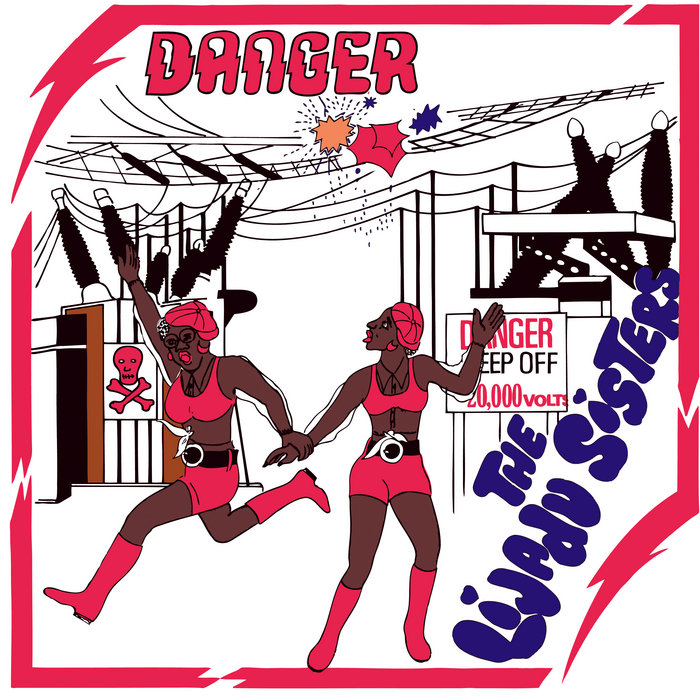
Danger – The Lijadu Sisters
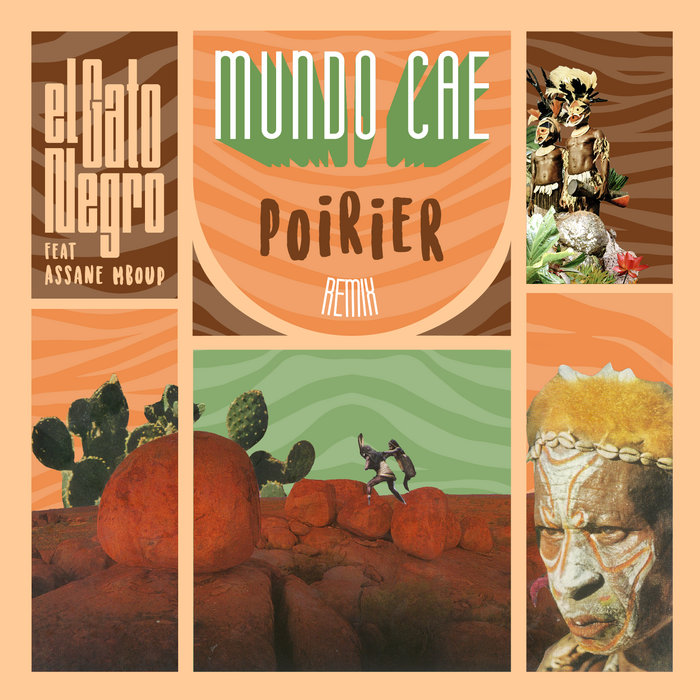
Mundo Cae (Poirier Remix) – El Gato Negro, Poirier
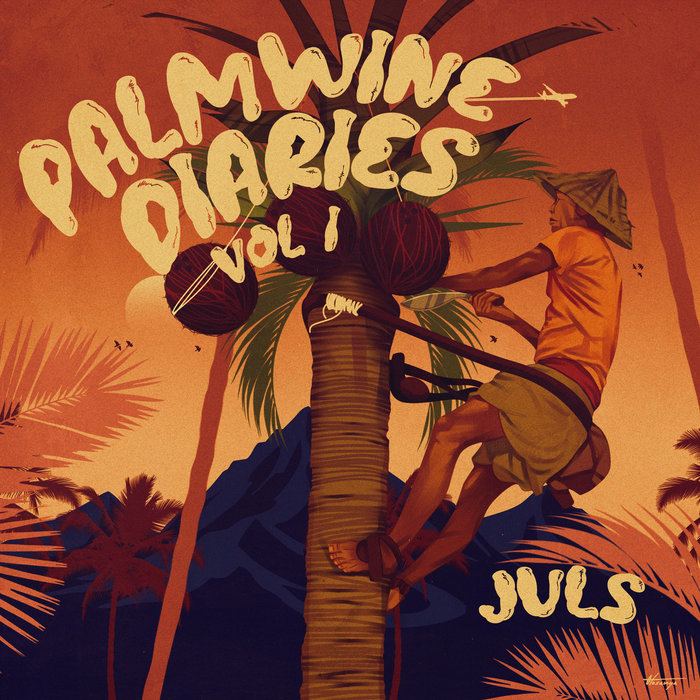
Something Small ft Worlasi and Cina Soul – Juls Baby
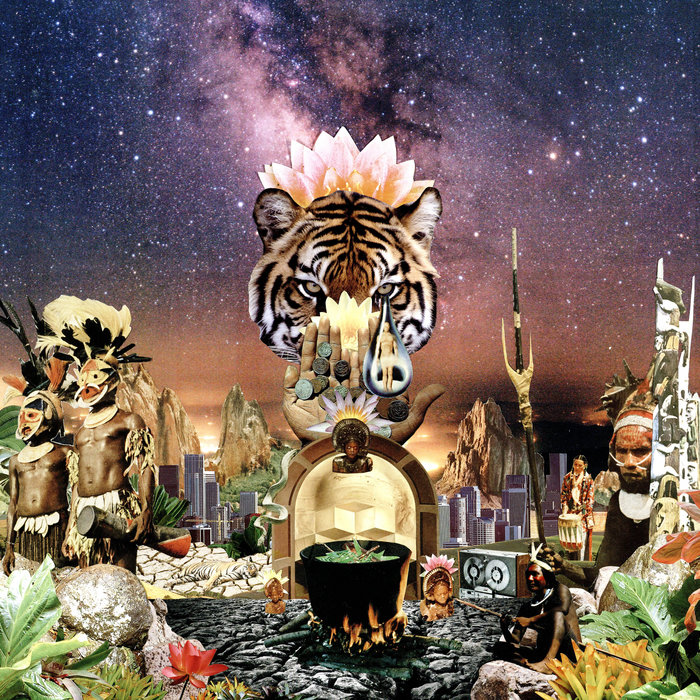
Caïman – El Gato Negro Tropical
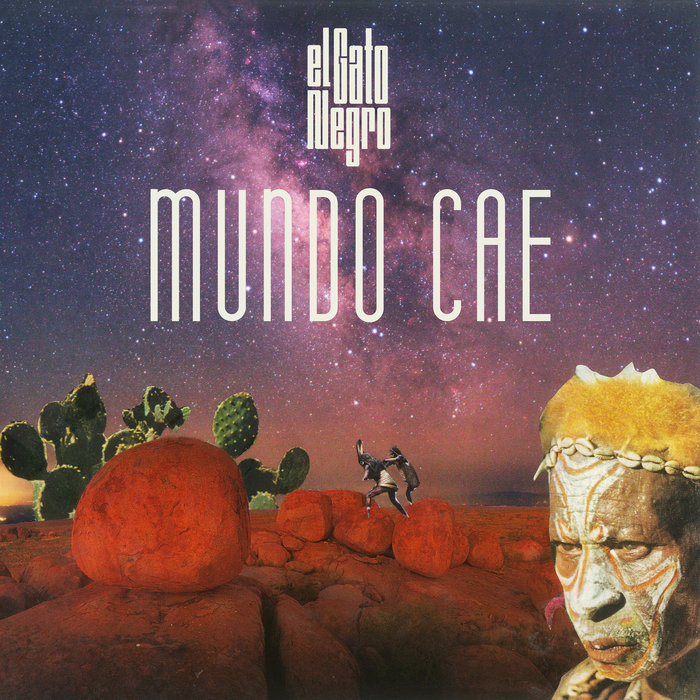
Mundo Cae feat. Assane Mboup – El Gato Negro Tropical
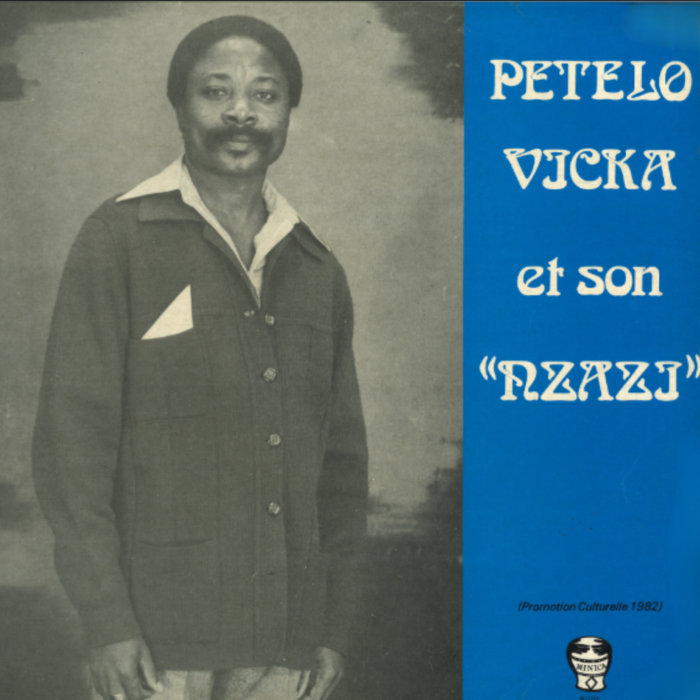
Petelo Vicka & son Nzazi – Petelo Vicka et son Nzazi